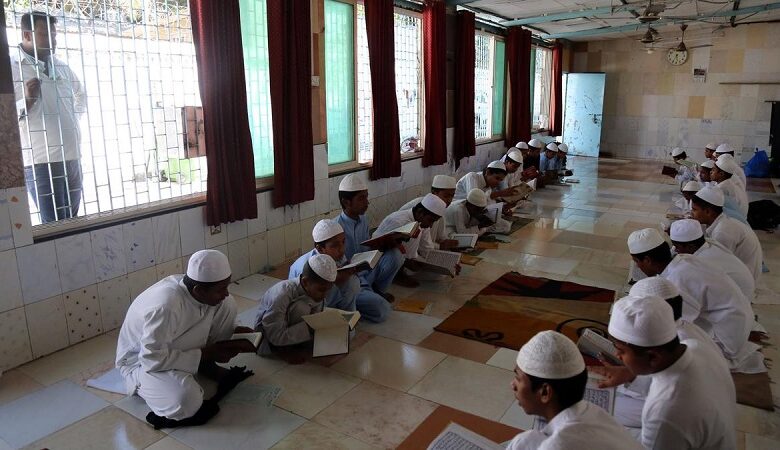Concern Over 10,000 Unregulated Madrasas in West Bengal and Their Impact on National Integrity
Ms.Bornali Biswas -Editor in Chief /30th December 2024

The existence of over 10,000 unregulated madrasas in West Bengal has raised significant concerns regarding their potential impact on national integrity. These institutions, operating without proper oversight, may lack standardized curricula, fostering apprehension about their influence on the region’s socio-cultural dynamics and national unity.
While madrasas have historically played an essential role in education and community development, the absence of regulation can lead to inconsistencies in quality and content. This unregulated environment could create spaces for ideological extremism or misinformation, potentially undermining national cohesion.
Efforts to address these concerns should focus on bringing these institutions under proper regulatory frameworks. Measures such as implementing standardized syllabi, promoting transparency in administration, and ensuring alignment with national education policies could help preserve their cultural and educational value while safeguarding national interests.
At the same time, it is crucial to approach this issue sensitively, respecting the cultural and religious sentiments of the communities involved. Collaboration between government authorities, community leaders, and educational stakeholders can pave the way for sustainable solutions that uphold both educational integrity and national unity.
Balancing regulation with cultural sensitivity is vital to addressing this complex issue effectively, ensuring that educational institutions contribute positively to the nation’s development and harmony.






